The Citizenship characteristic of the month comes from our 12 Concepts of Kindness that we explicitly investigate and work on each week in guidance. Septembers focus was Fairness, October was Self-Discipline, and November is all about Gratitude!
One of our all time favorites, Kid President, led us into thoughts of gratitude with this hilarious video that reminds us to be grateful for the little things.
The students then shared things that they were grateful for with the class and created a leaf that reflects their thoughts of gratitude. I was blown away by the genuine sentiments the students shared such as being grateful for school and clean water. Clearly they have a global perspective when they are aware that school is a privilege and that such a unique school experience as ours is something to be grateful for!
I thoroughly enjoyed creating the gratitude tree that is on display near the Multipurpose Room upstairs at MACS. Over 150 leaves are displayed on it’s branches, bringing it to life. Our motto this month is “we have an attitude of gratitude” or “gratitude is an attitude”. This is a motto to carry with us throughout the year! Having a grateful mindset goes hand in hand with thinking positive and listening to our inner coach over the critic that tends to bring us down. I am grateful for the opportunity to facilitate these moments with our students!
Students continue their practice of being actively grateful through a 100 Thoughts of Gratitude Challenge and their Gratitude Journals which will be on going. Stay tuned!
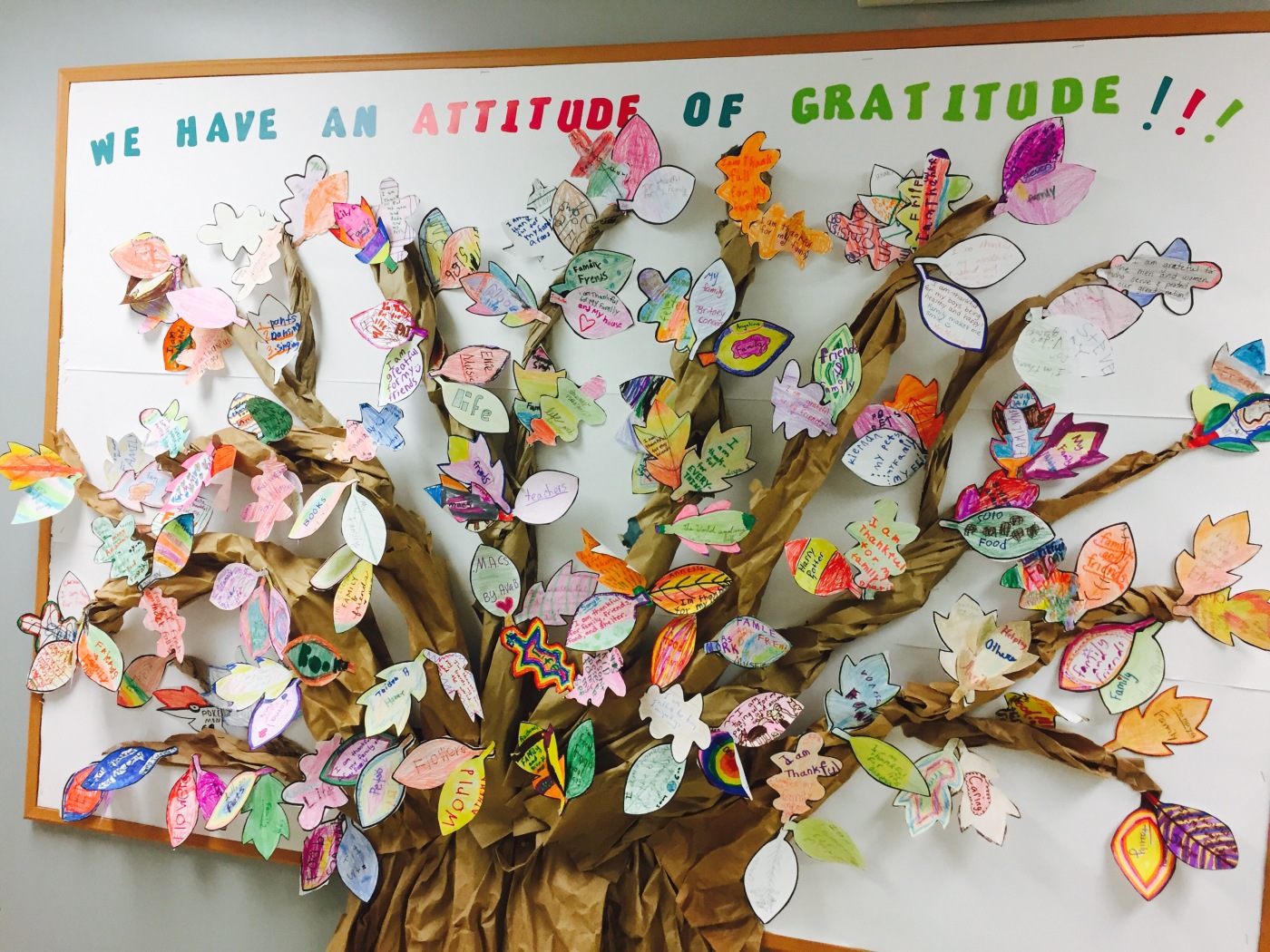










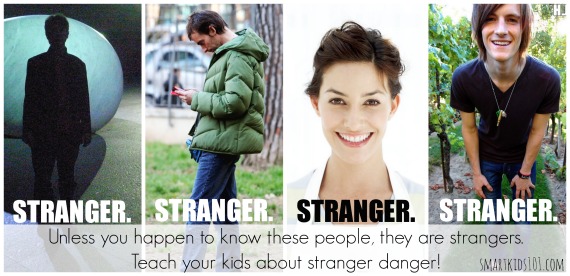
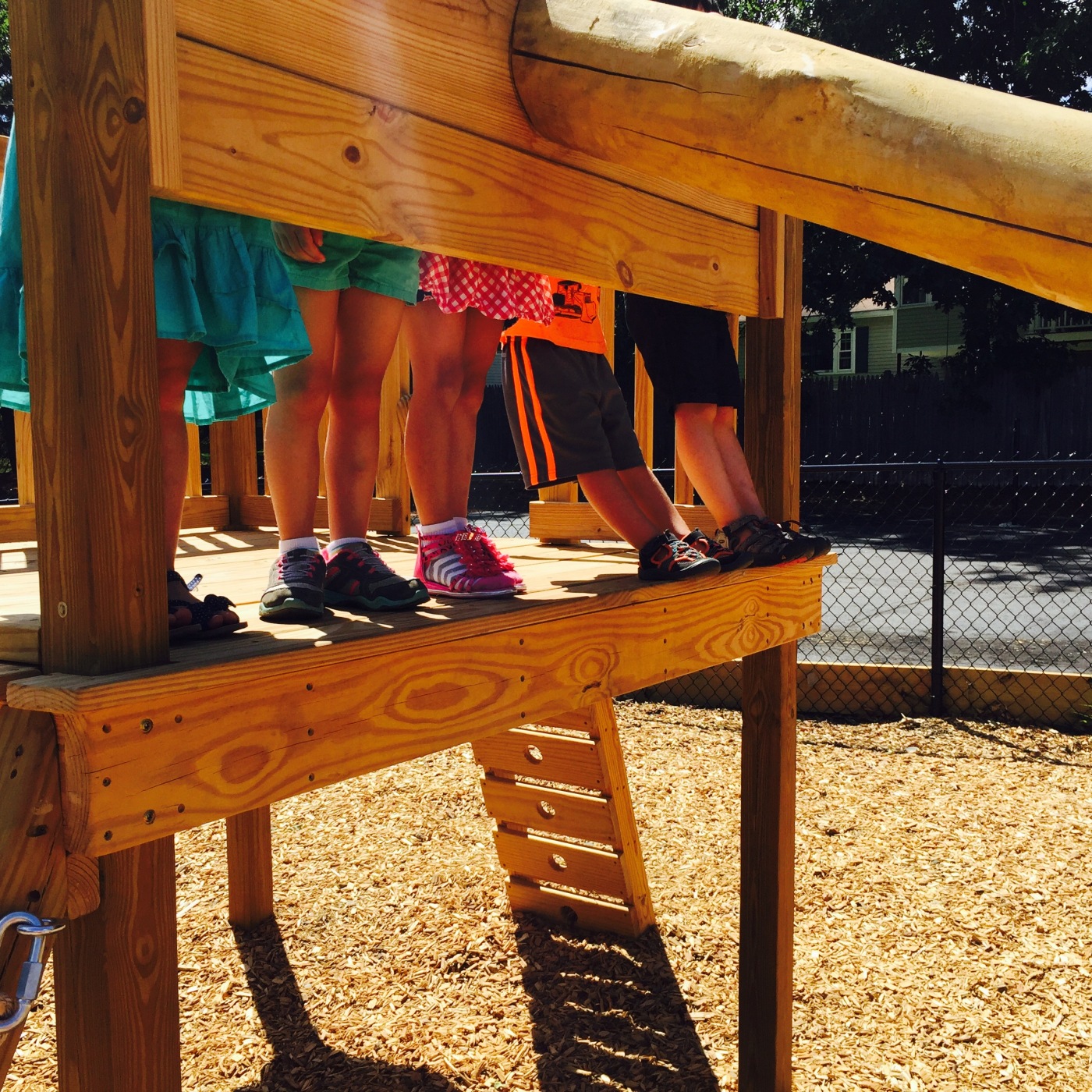





























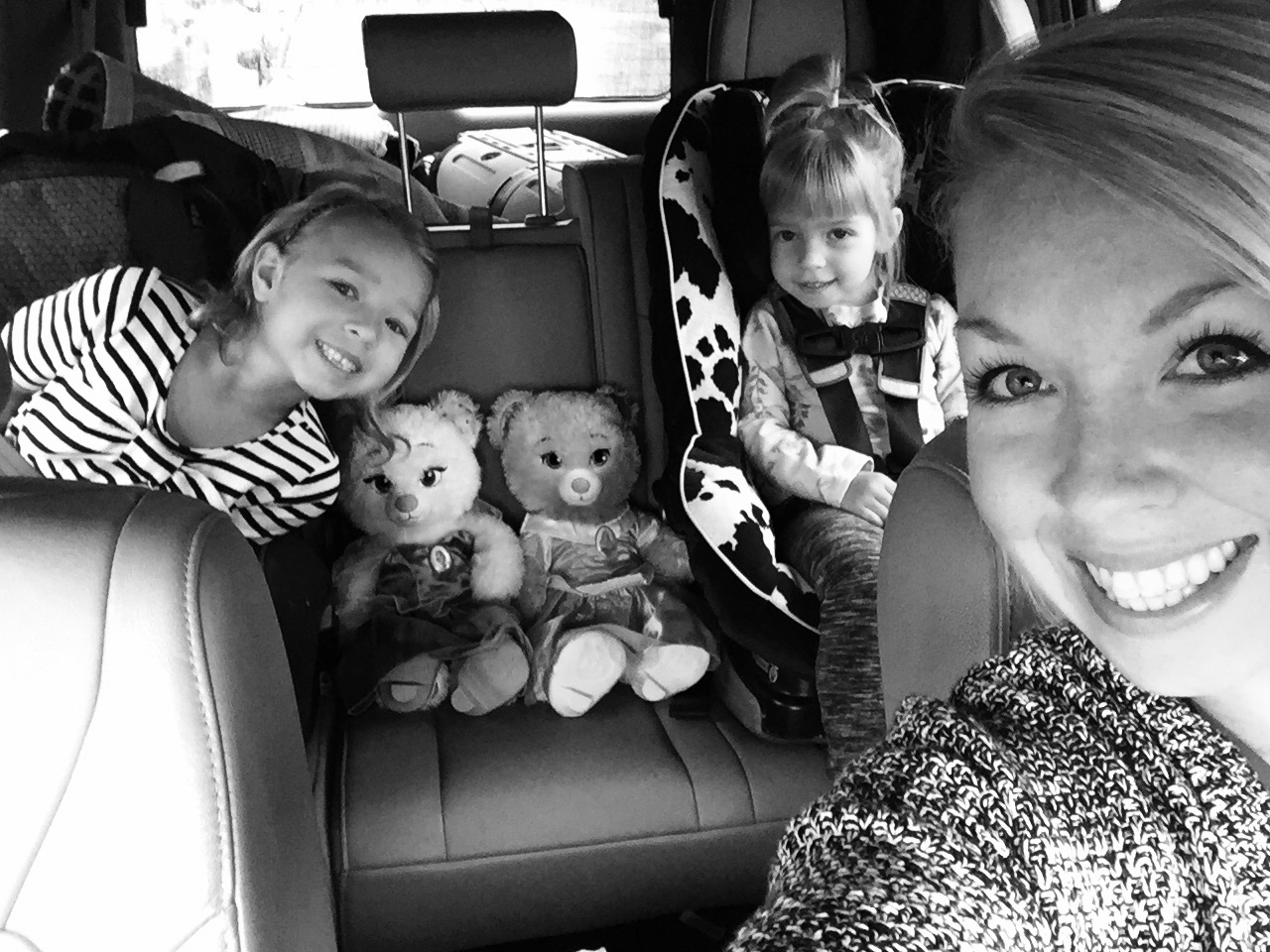
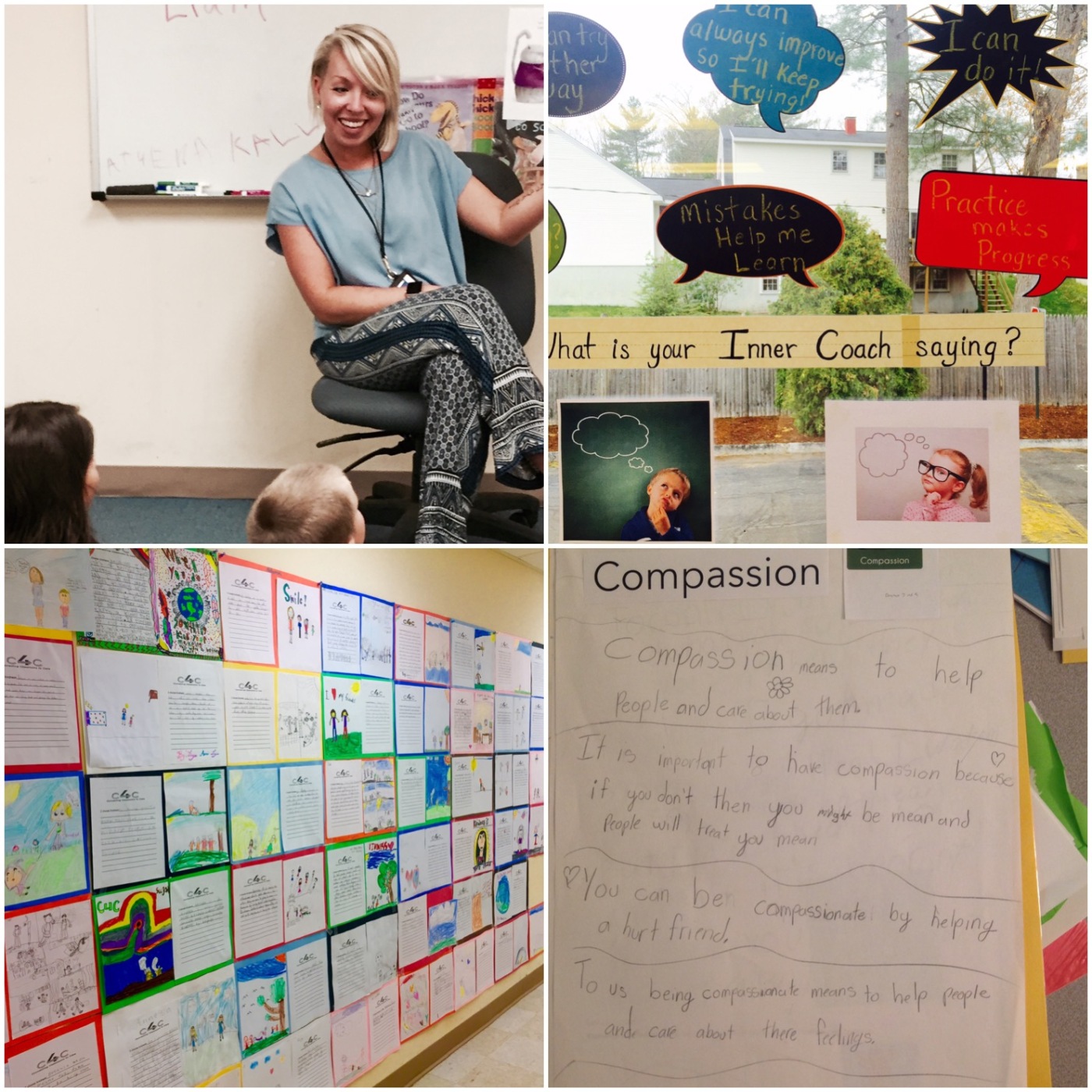
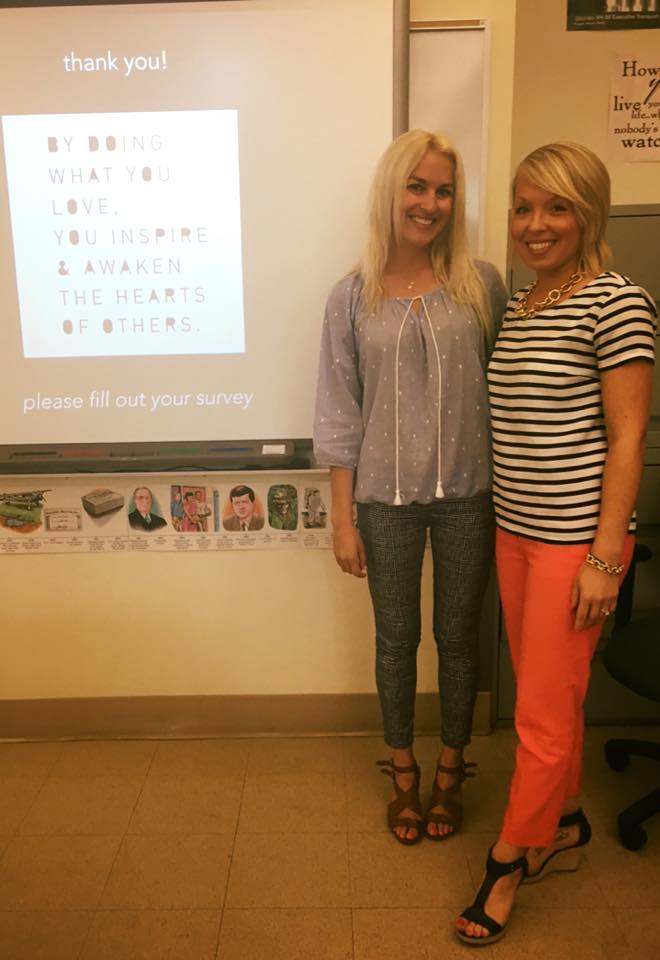



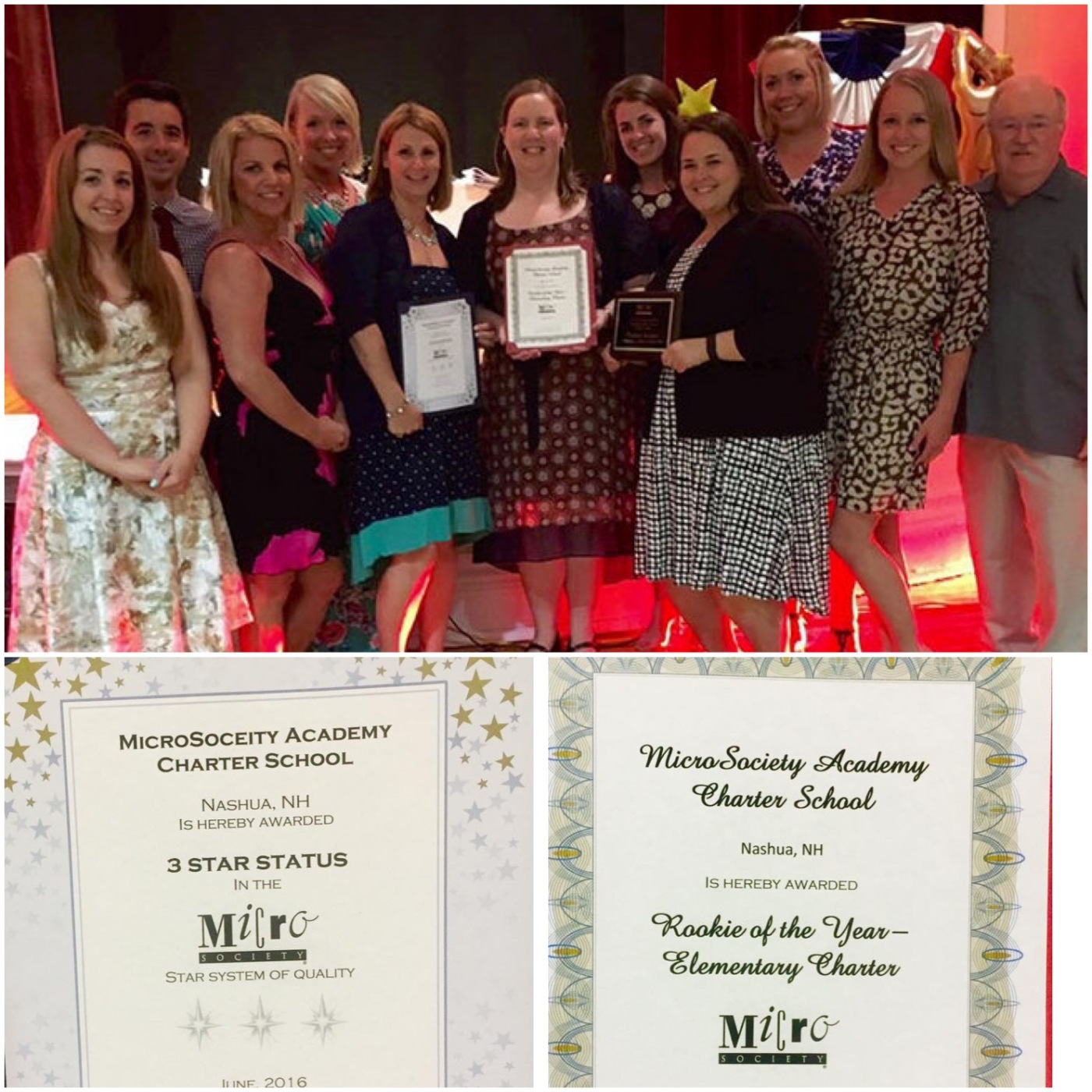
Recent Comments